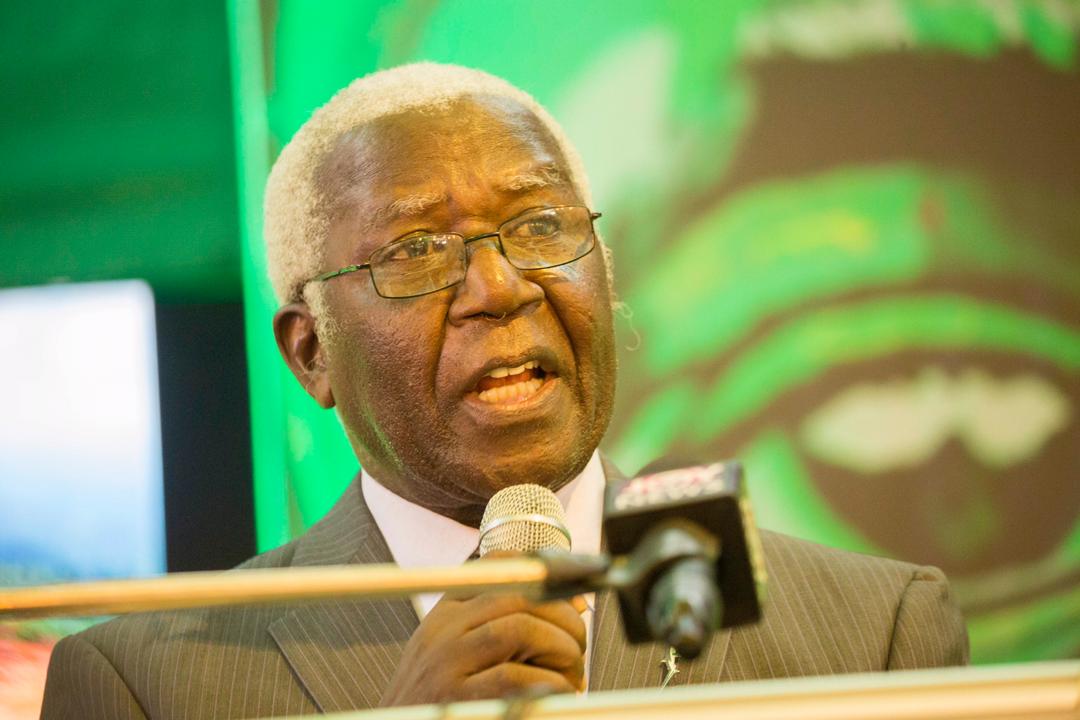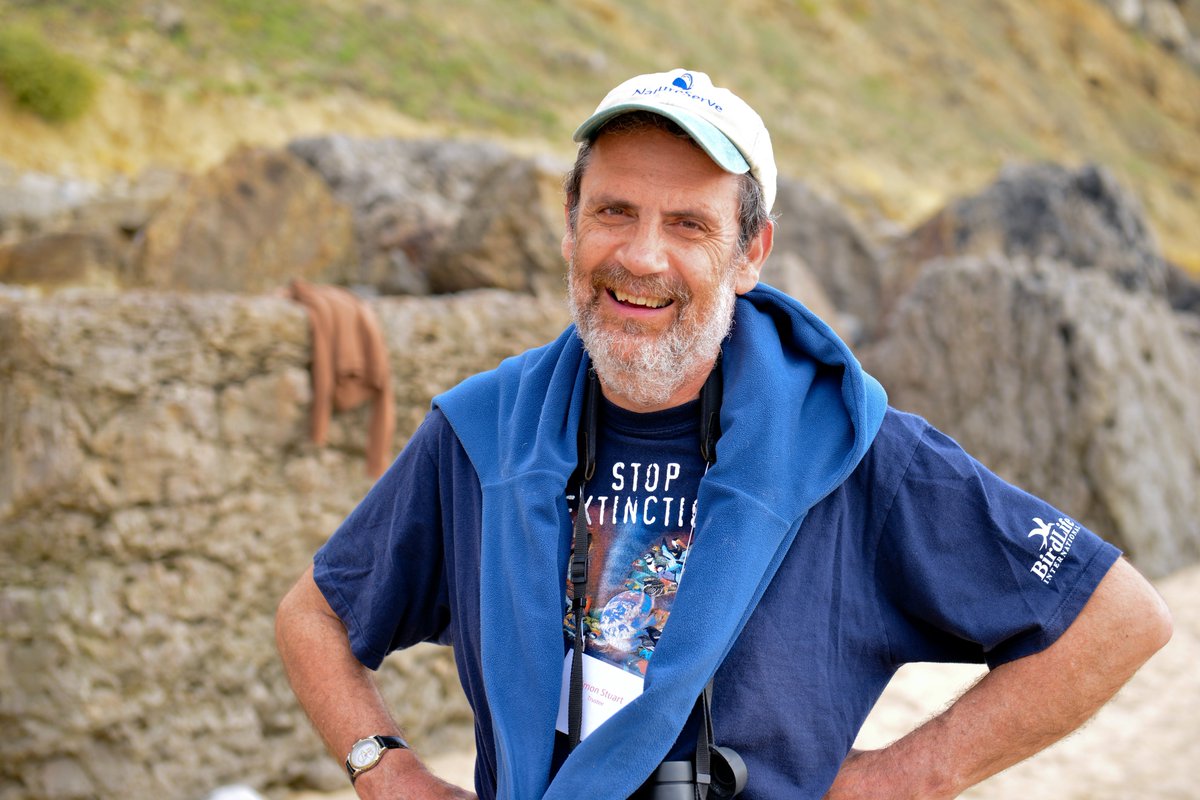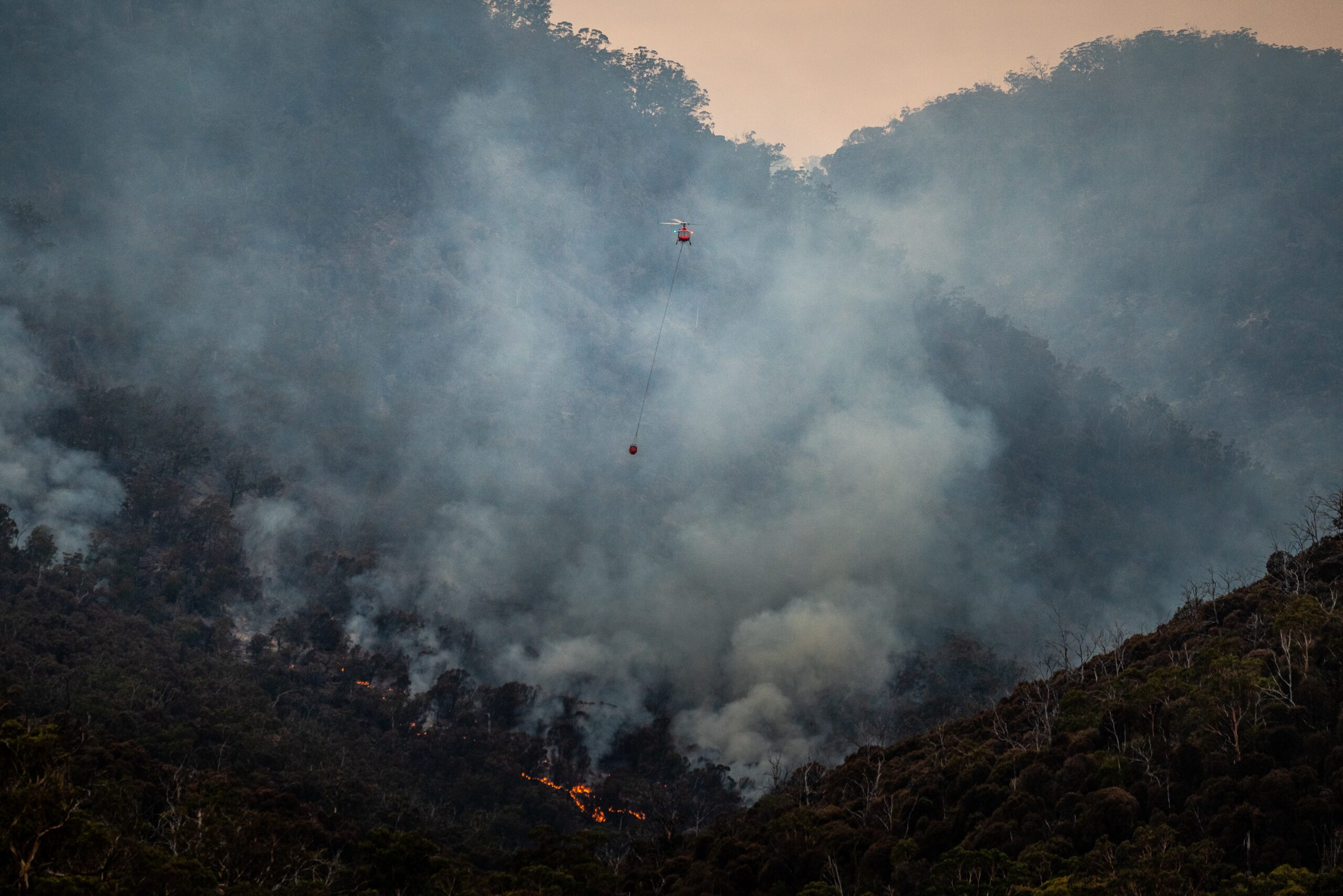CBD COP15: In conversation with Professor Alfred Oteng-Yeboah
You will likely have heard of COP26 (also known as the United Nations Climate Change Conference or UNFCCC), but have you heard of CBD COP15?

Whilst the COP26 talks have often been in the limelight, the UN’s biodiversity conference will be equally critical. The Convention on Biological Diversity (CBD) was due to hold the 15th meeting of the Conference of the Parties (COP15) in Kunming China in 2020. Due to the coronavirus pandemic, it was rescheduled for October 2021. However, it has now been rearranged a second time for Spring 2022, in the hope that more countries will then be able to participate.
Professor Alfred Oteng-Yeboah is an international negotiator and also a trustee of A Rocha International. He spoke with Bryony Loveless about the postponement of COP15, and what it means for biodiversity.
Alfred was recently awarded the John C. Philips Memorial Medal, the highest conservation award bestowed by the International Union for Conservation of Nature (IUCN). The medal is presented once every four years to recognize outstanding service in the field of the conservation of nature and natural resources.
What is the focus of your work within CBD COP15 at the moment?
I have been positioned to lead two tasks. The first one is on capacity development and technology transfer. Some recommendations were hurriedly agreed on because we didn’t have much time. I need to go through these recommendations so that when we reconvene – which I believe will be in Geneva in January next year – we will be able to articulate them much better.
The second task is similar, but to do with the targets for the framework of recovering global biodiversity. I am a co-lead on some of these targets, and we need to understand the feedback we’ve received from parties, non-parties, governments and so on, in order to be effective in our meeting in January 2022. I am hopeful that, by the end of the process in January, we will have a finished document that can be presented to the COP15 at the face-to-face meeting.
Why can’t these talks take place virtually?
There are many, many difficulties! Both technological difficulties and deadlines.
When people are together, they come with everything that they need to communicate – they are ready to negotiate. However, where people are located in their homes or their offices, they are restricted in terms of movement and technology, and it becomes very difficult.
The virtual meetings were brought in to help ease the congestion of material that would go to CBD COP15. It was meant to gauge the feelings of parties to many of the documents that were to be presented. However, it became clear that there were a number of issues with the initial drafts and, though co-chairs listened to these comments and made revisions, it was still not enough. Also, there were a vast number of people – particularly in the African constituency – who had been cut off because of technology and internet connectivity. On two occasions – as the chair of SBI – my internet dropped out several times whilst chairing! So, virtual meetings are unfortunately not the best way of getting the views of the parties, and there was no choice but to postpone.
What are the main debates we should expect to see?
There is a difficult task ahead of us because the framework that I and others are working on, needs to hold for at least 10 years. The agreement should be one that reflects the aspirations and desires of people, but also something which is workable and achievable.
Will the CBD COP15 influence COP26? And if so, how will that happen now that COP26 is due to come before?
In recent years, not enough attention has been given to biodiversity. Governments have appeared to be more concerned about issues to do with climate change, forgetting about the very real crisis facing biodiversity.
However, the good news is that those working in the climate space now see biodiversity as providing a solution to the climate debate. For example, this is particularly true in the concept of nature-based solutions, which has become a key theme of COP26.
What does being a person of Christian faith at CBD COP15 entail?
Different parties have different priorities and see things in different ways – and this is where the issue of consensus building comes in. However, I think providing opportunities for various opinions to be listened to helps the co-chairs, together with the CBD Secretariat, to work out something which brings up compromises.
As Christians, along with many other people, we understand that we are impacting creation. We know that nature has been established for us by God, and our work is part of working alongside what God has established.
We are happy for our blogs to be used by third parties on condition that the author is cited and A Rocha International, arocha.org, is credited as the original source. We would be grateful if you could let us know if you have used our material, by emailing [email protected].


